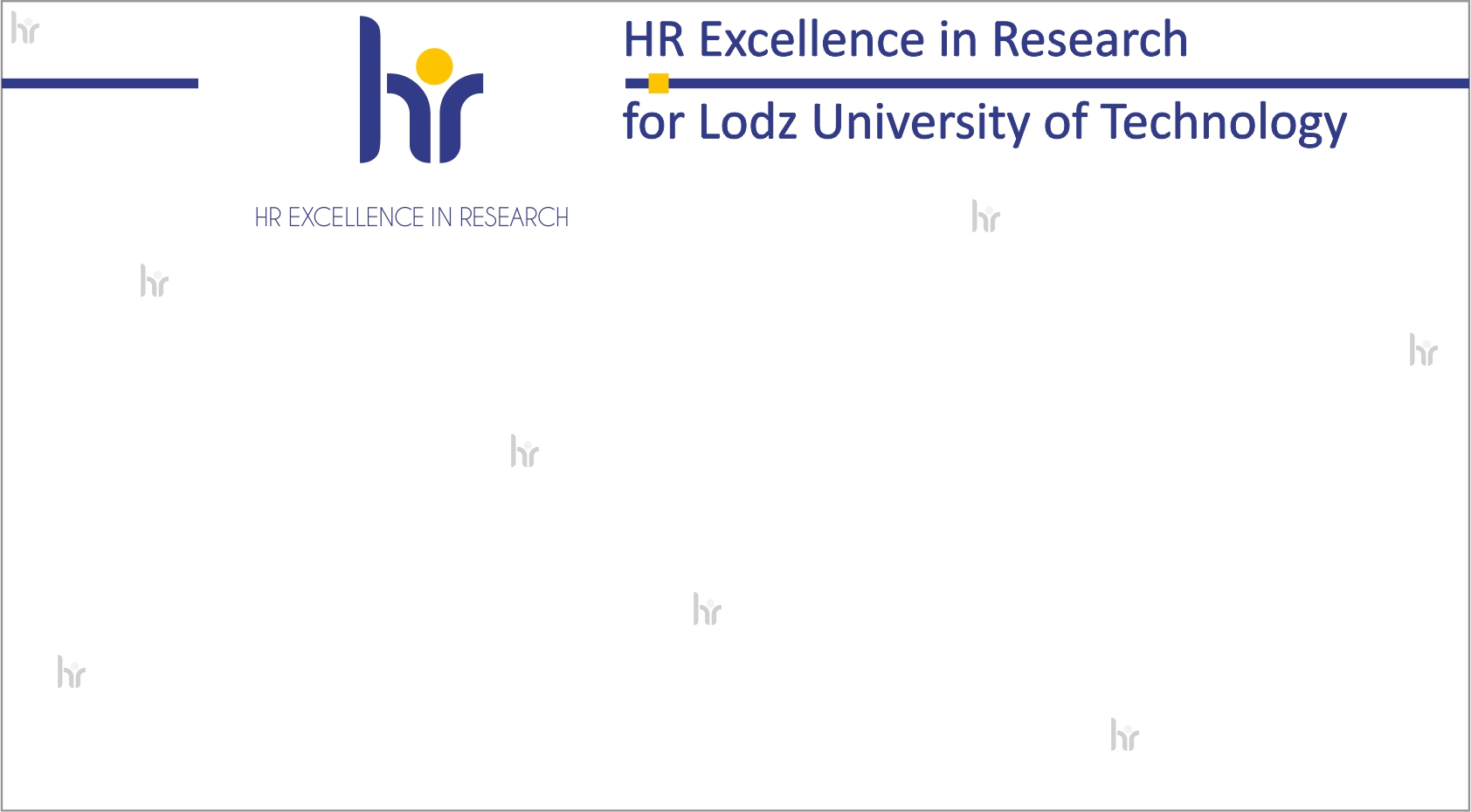









The project submitted by the research team led by professor Izabella Krucińska of the Faculty of Material Technologies and Textile Design titled Development of a technology based on multi-layer systems for novel protective clothing for preterm neonates was ranked in the high second position ex aequo. Also ranked high in the fourth position ex aequo was the project titled Development of a printing technology for organic electroluminescent diodes. The project will be carried out at the Department of Molecular Physics headed by professor Jacek Ulański, with Beata Łuszczyńska, PhD, as the project manager.
TANGO is a joint initiative undertaken by the National Science Centre (NCN) and the National Centre for Research and Development (NCBR). The programme is designed to facilitate implementation of new technologies, products and services and enhance cooperation between scientists and business.
Short description of each project:
Development of a technology based on multi-layer systems for novel protective clothing for preterm neonates.
In recent years, despite steady improvement of health care, an increase in the number of preterm births has been observed. 23 207 premature babies were born in Poland in 2014, which accounted for 6% of all births. The body weight of these infants at birth was below 2500 g. 0.48% of neonates were born with extremely low birth weight, below 1000 g.
During the project, a technology for novel, globally unique, clothing products for premature babies will be developed. Prototypes of textile garments that accommodate specific needs of premature infants will be developed. The new products are expected to limit evaporative water loss and, at the same time, ensure thermal comfort. A new design strategy will be employed for these products that will take advantage of Design Thinking - a methodology that supports innovation. Actions associated with the transfer of the production technology of materials and clothing from the lab to the manufacturers' production lines will also be performed.
As previous research has shown, the clothing may have a significant impact on properties directly linked to the safety of premature infants as well as, after its adaptation and development, the technology may contribute to economic growth once the new product is marketed globally.
Development of a printing technology for organic electroluminescent diodes.
The primary goal of the project is to develop a production technology for organic light-emitting diodes (OLEDs) that will involve common printing techniques such as inkjet printing or screen printing.
Printed electronics may effectively replace - in many fields - traditional technologies of electronic and optoelectronic semiconductor devices. To meet rising expectations of their users, new electronic devices should be flexible, low weight and capable of wireless power transfer and wireless communication. Low price is an additional compulsory requirement and is directly related to mass production.
Printed electronics technology answers these needs as it allows electronic devices to be manufactured at low cost. Very little energy and material is required to print thin-film organic electroluminescent diodes while the diodes emit light consuming small amounts of power, which is crucial from the economic and environmental point of view. Moreover, printing techniques make it possible to design interesting designs that can be easily modified as well as to manufacture devices on varied, flexible substrates such as polymer films, which makes them very attractive compared to devices manufactured by traditional technologies.
QWERTY, a Lodz-based company, expressed their interest in project outcomes and in participation in the implementation phase.